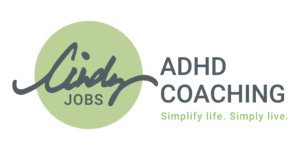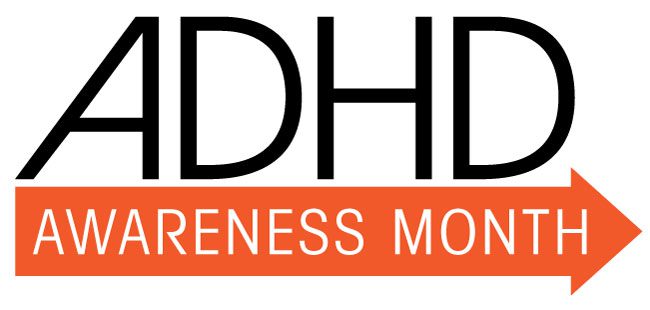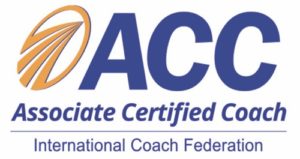Fortunately, by now, most people are believers that ADHD exists.
Finally!
ADHD is not a myth or an excuse. ADHD is a neurodevelopmental disorder that affects both adults (2.5% – 4.4%) and children (9.4%) (ADDitudemag.com).
Individuals with ADHD are NOT:
- Unwilling to apply themselves or try hard enough.
- Unconcerned about others.
- Unable to focus.
- The sum of their ADHD symptoms.
- Who their parents/teachers/friends/relatives may have told them they are.
What is ADHD?
“Attention-deficit/hyperactivity disorder (ADHD) is a disorder marked by an ongoing pattern of inattention and/or hyperactivity-impulsivity that interferes with functioning or development.” (National Institute of Mental Health)
ADHD is highly genetic:
Available evidence suggests that ADHD is highly genetic. (ADDitudemag.com)
- “At least one-third of all fathers who had ADHD in their youth have children with the condition.”
- The majority of identical twins share the ADHD trait.
One of the challenges of the genetic nature of ADHD is that traits become normalized, resulting in a lack of diagnosis for secondary generations.
Common Myths:
- Individuals usually grow out of it or just “got it.” Yes, traits may not be as prevalent over time, but the condition generally does not go away.
- Everyone has a little ADHD. That’s kind of like being a little pregnant. You have it, or you don’t.
- Medications will make an individual appear negatively under the influence of drugs.
- ADHD accommodations are an unfair advantage.
- ADHD doesn’t affect people’s personal lives.
How may a non-neurotypical (ADHD) brain react differently?
- Less impulse control.
- Non-linear thinking.
- Higher emotional reaction.
- Challenge with working memory.
- Difficulty with time management.
If you have ADHD, what can you do about it?
- Accept your brain for the way it’s built. You can’t change that.
- Educate yourself and those around you about the challenges of having an ADHD brain.
- Be an observer of yourself. Where are you successful? Where are you challenged? Are there common denominators of success or challenges?
- Become informed about what processes and support structures have worked for others challenged with a non-neurotypical brain.
- Create opportunities for success and learning. Even small wins can help create success in larger endeavors.
Support Systems:
- Medical Providers
- Mental Health Providers
- Online communities
- Family members
- Friends
- Coaches
- Professional Organizers
Looking for more? Check out these powerful additional resources:
- ADDitude Magazine
- Treatment Matters: ADHD and Life Expectancy
- How To ADHD (an informational and entertaining look at ADHD)
- Dani Donovan has some great ADHD resources and comics that help explain ADHD when words don’t do the trick.
For a list of my favorite ADHD resources, check my website for more information.
If you think you have ADHD and would benefit from some coaching, here’s some ADHD Coaching information.
Cindy Jobs
Looking for more information?
Cindy Jobs, PCAC, ACC
Looking for more information?
Click here for ADHD-friendly Time Management Tools
Click here to schedule a complimentary breakthrough session.
For more helpful information, follow me on Facebook.







